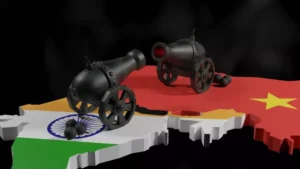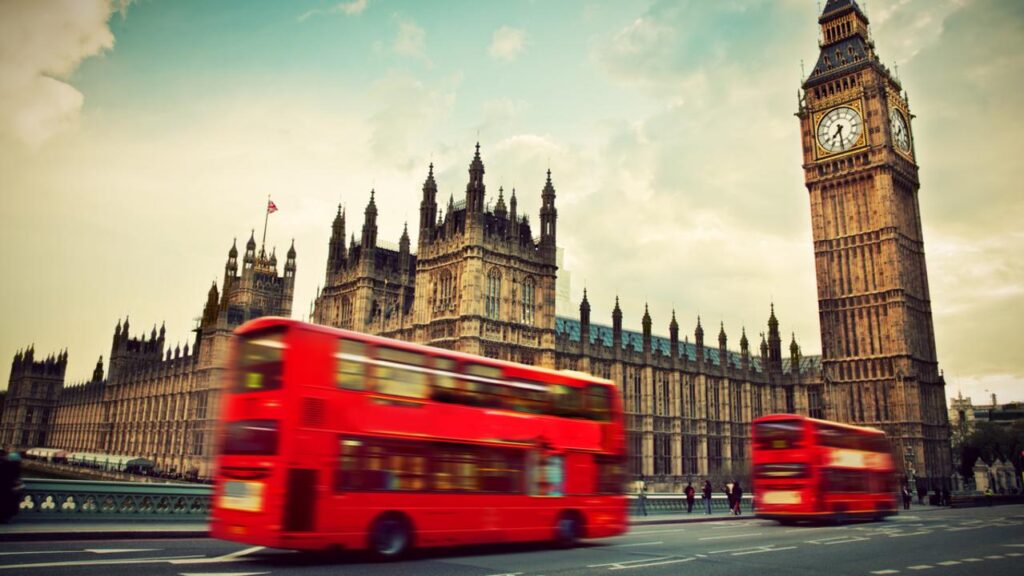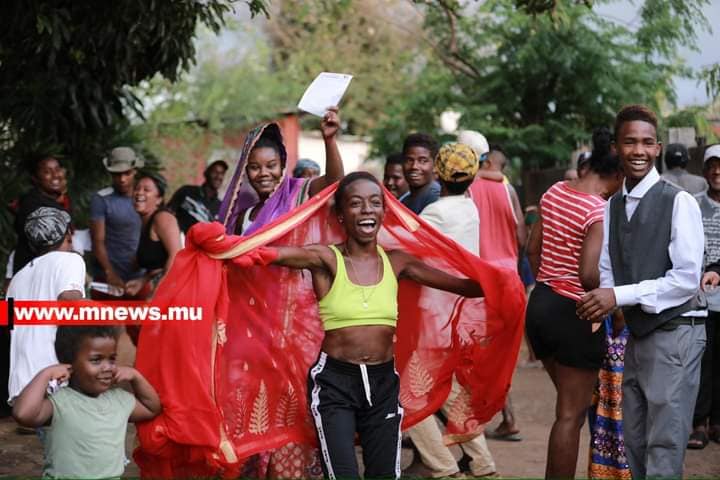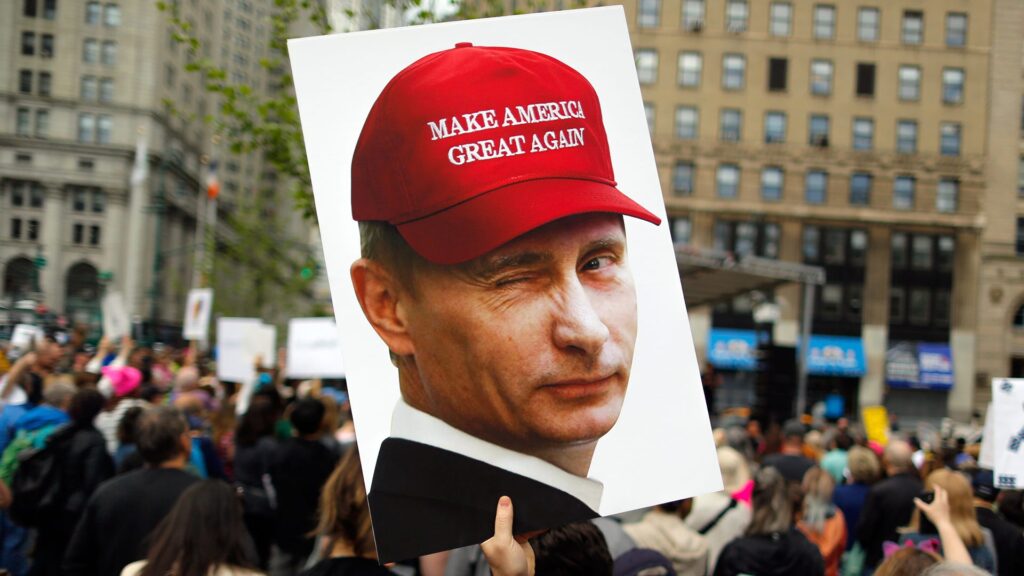![]()

In the picturesque island nation of Mauritius, a subtle but significant battle for influence is unfolding between two Asian giants: China and India. This geopolitical tug-of-war is not only reshaping the country’s political landscape but also raising concerns about its sovereignty and the integrity of its democratic institutions.
The Safe City Project, a major initiative aimed at enhancing security through the installation of surveillance cameras across the island, has become a focal point of Chinese influence. Spearheaded by the Chinese telecommunications giant Huawei, the project has stirred controversy and raised questions about privacy, data security, and the potential for surveillance overreach. Critics argue that the project is a Trojan horse for Beijing’s broader ambitions to extend its surveillance state beyond its borders and deepen its strategic foothold in the Indian Ocean region (Hoover Institution) (Power3.0).
On the other side of the geopolitical spectrum, India’s presence in Mauritius is marked by the development of infrastructure projects and strategic agreements. One of the most contentious issues is the development of facilities in Agaléga, a remote island of Mauritius. While the Mauritian government asserts that the project is aimed at enhancing the island’s infrastructure, there are widespread speculations that it could serve as a strategic military outpost for India, thereby enhancing its maritime surveillance capabilities in the region. This has sparked concerns among the Mauritian population about the potential loss of sovereignty and the island being drawn into the broader strategic rivalry between India and China (Power3.0).
The battle for influence is not limited to infrastructure projects. Both China and India are allegedly involved in financing political parties in Mauritius, further complicating the domestic political landscape. This has led to fears that the island’s political decisions could be swayed by foreign powers, undermining its democratic processes and sovereignty (Power3.0).
Adding to the complexity is a recent revelation by a senior independent journalist, who claimed that China, through Huawei, has financed many prominent journalists in Mauritius to prevent public outcry against its growing influence. This allegation, if true, raises serious concerns about media integrity and the independence of the press, which are crucial for a healthy democracy.
As Mauritius navigates this complex web of foreign influence, it is crucial for the nation to strike a balance that safeguards its sovereignty, respects its democratic values, and ensures the security and privacy of its citizens. The challenge lies in leveraging foreign investments and partnerships for economic development while avoiding becoming a pawn in the larger geopolitical game being played by regional powers.



